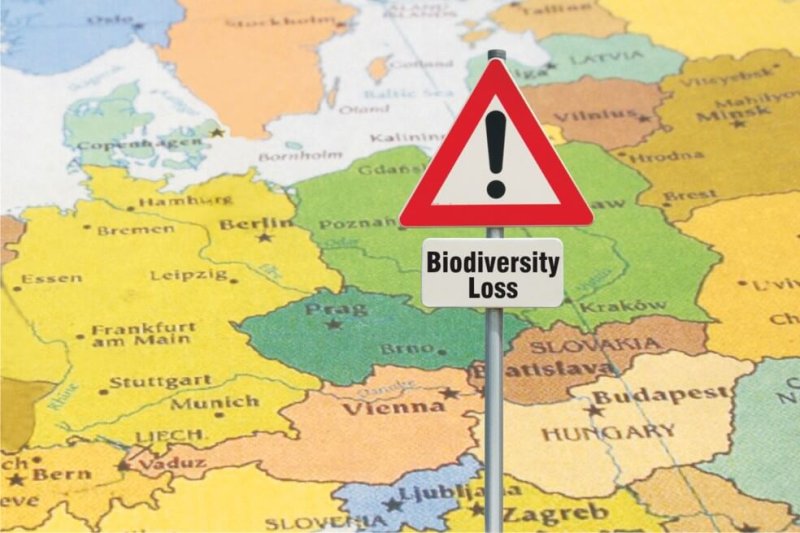The European Environment Agency (EEA) released its “State of Nature in the EU” report [October 19], revealing that wildlife species and natural habitats throughout the continent are struggling despite EU member states’ commitments to protect them. The EEA report, which concluded that “current agricultural practices are by far the most dominant driver affecting habitats and species,” came during the same week that the European Parliament approved its negotiating position on a new Common Agricultural Policy (CAP) that was seen by many as prioritizing intensive agriculture over the environment.
The consequences of EU agricultural policies were put in stark relief by the “State of Nature” report, which revealed that 81 percent of protected natural habitats have either a poor or bad conservation status and only a quarter of the species identified by EU nature directives are receiving the protection they need.
This call for “fundamental changes” is unlikely to include a relaxation of the EU’s current regulations restricting plant breeding innovations that could minimize ag’s environmental footprint. Leading scientists and researchers have said that the EU’s current policies deprive European farmers “of more climate resilient and more nutritious crop varieties that are urgently needed to respond to current ecological and societal challenges” and that current regulations “cannot be scientifically justified.”































